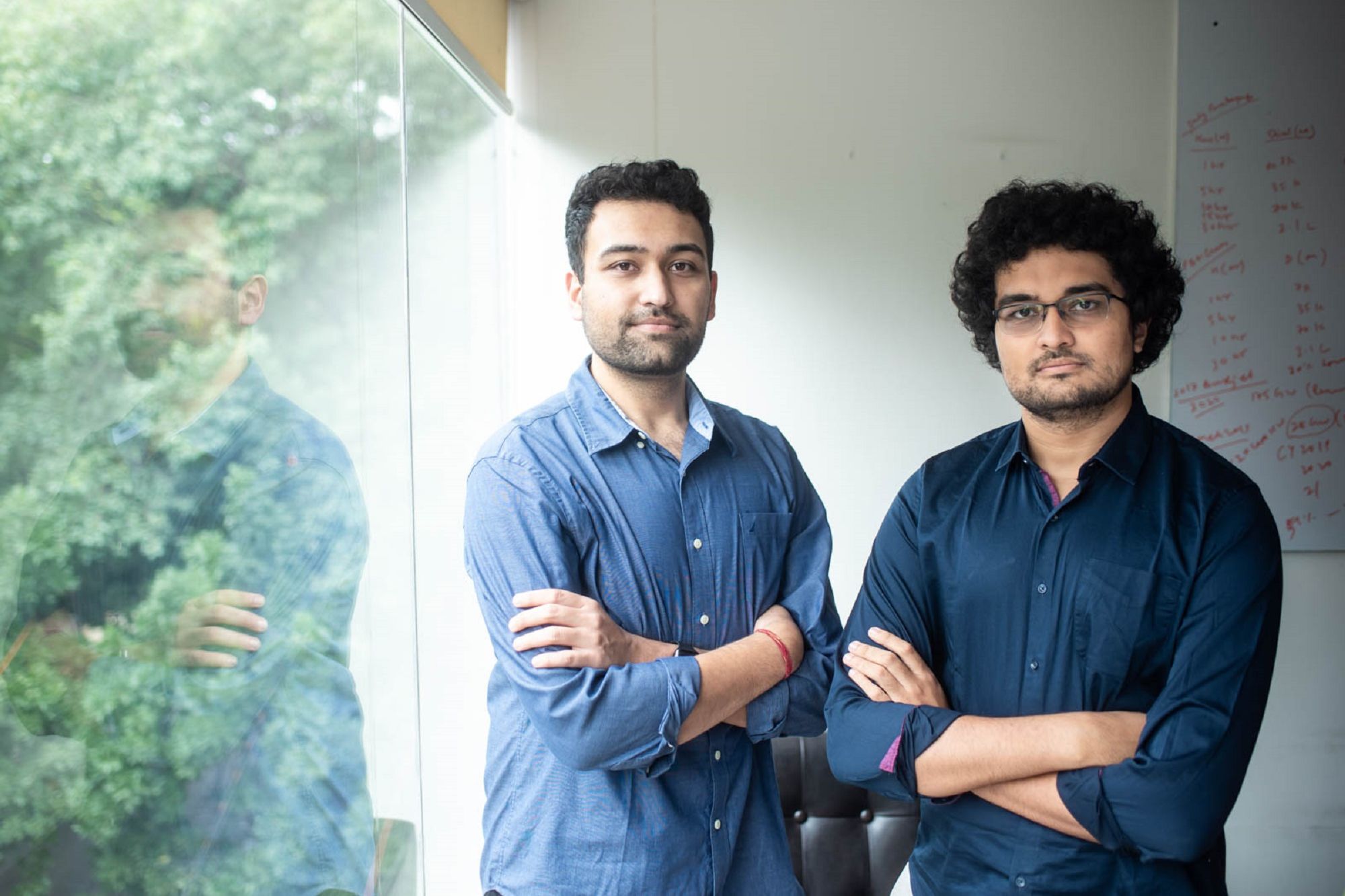Entrepreneurs
3one4 Capital: Nurturing Ethical Investing and Founder-First Philosophy in the Venture Capital Landscape

In the intricate landscape of venture capital, where deals are scrutinized, negotiated, and structured, Bengaluru-based early-stage venture capital firm 3one4 Capital stands out for more than just its investments. Founded by brothers Siddarth Pai and Pranav Pai in 2016, 3one4 Capital is not merely a player in the funding game—it is an advocate for ethical investing and a staunch proponent of a ‘founder-first philosophy.’
One incident highlights 3one4 Capital’s commitment to ethical practices. In the midst of structuring a deal for a potential portfolio company, a misinterpretation by the firm’s lawyers could have resulted in an unintended windfall for investors. Rather than staying silent and benefiting from the error, Siddarth Pai, the founding partner, pointed out the mistake. This exemplifies the ethical standpoint that 3one4 Capital upholds—ensuring that contracts align with the agreed spirit and protecting founders’ interests.
Siddarth emphasizes, “If we had gone ahead with the contract in its original form, it would have left a bitter taste for all, deprived the founders of their hard-won gains, and possibly even jeopardized our exit.” This incident reflects the ethical compass guiding 3one4 Capital in its dealings within the competitive and sometimes opaque world of venture capital.
At the core of 3one4 Capital’s approach is the ‘founder-first philosophy.’ This goes beyond mere rhetoric; it is a commitment to minimizing dilutions and ensuring that founders receive an outsized reward when investors exit. The Pai brothers, sons of TV Mohandas Pai, the former CFO of Infosys, have imbibed qualities of ethics, perseverance, and laser focus on long-term commitment from their father.
Mohandas Pai, an investor in 3one4, emphasizes the critical qualities of integrity and responsibility in VC investing. He advises his sons to be patient and flexible during negotiations. The ‘founder-first philosophy’ is not just a tagline but a guiding principle that shapes 3one4 Capital’s decisions and interactions with entrepreneurs.
In a landscape where the sustainability of business models is not always clear, 3one4 Capital has chosen a non-mainstream path. Rather than investing in popular sectors like food delivery, payment wallets, or horizontal e-commerce ventures, the firm has curated a diverse portfolio of non-mainstream companies. Investments include Licious, an online meat and seafood ordering platform; Darwinbox, an HR software as a service (SaaS) startup; Yulu, a micro-mobility platform; and Habbit Health, a nutrition-focused FMCG startup.
The brothers consciously avoided the beaten path, relying on a bottom-up approach based on primary research to predict trends that would emerge in the coming years. By investing in non-traditional sectors, 3one4 Capital positions itself ahead of industry shifts, ensuring that when the focus on a particular industry or business model intensifies, they already have strategic investments in place.
As the COVID-19 pandemic disrupted global business, 3one4 Capital’s foresight in ensuring its portfolio companies were well-capitalized and had strong balance sheets proved invaluable. While some startups struggled to maintain revenues, 3one4 Capital claims to have not lost a single company or faced any existential threats during the pandemic.
One standout performer in its portfolio is Licious, an online farm-to-fork company that experienced a 300 percent growth over the past six months. Despite challenges posed by the lockdown, Licious sustained its growth rate, emphasizing the resilience of well-capitalized businesses in uncertain times.
3one4 Capital recently announced the first close of its Fund III, bringing its assets under management to ₹1,550 crore. The firm has raised capital every year since its inception and now boasts 55 active companies in its portfolio. The Pai brothers, with their commitment to learning from the micro and the macro, envision evolving 3one4 Capital into a multi-stage investment firm, expanding beyond its early-stage focus.
Venture capitalists globally are cautiously returning to investing, and deals are beginning to close remotely as economies recover. For 3one4 Capital, these developments signal exciting times ahead. As the brothers pivot towards developments in healthcare and SaaS technologies, the legacy of ethical investing and the ‘founder-first philosophy’ will undoubtedly continue to define their journey in the dynamic world of venture capital.
